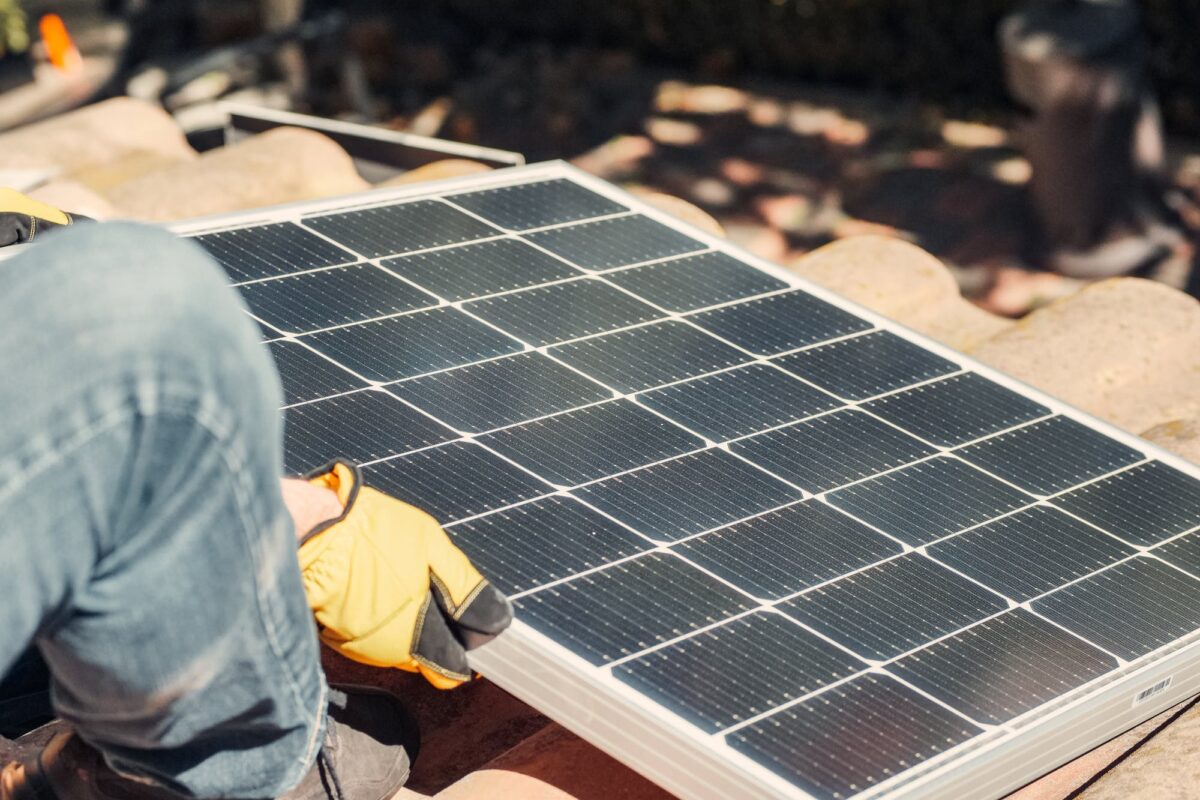Federal policies targeting renewable energy are causing catastrophic damage to development in Texas, the nation’s leading solar and energy storage state, said the Solar Energy Industries Association (SEIA).
SEIA has released an analysis indicating that new federal policies targeting renewable energy are placing a significant majority of planned solar and battery storage capacity in Texas at severe risk. The data suggests that up to two-thirds of the state’s future clean energy portfolio could be indefinitely stalled due to a combination of regulatory and financial headwinds.
The primary factors cited for this development risk include the administrative slowdown of federal permitting processes, the rollback of critical investment tax credits, and the cancellation of the $7 billion Solar for All grant program. Solar has taken a hit from political attacks, including the One Big Beautiful Bill Act and executive and agency actions aimed at curbing solar development. After years of growth, Wood Mackenzie forecast that solar installations may decline 1% annually through 2035.
This policy environment is creating profound uncertainty for developers and investors operating within the Electric Reliability Council of Texas (ERCOT) jurisdiction.
The consequences are quantified for both the near and intermediate term. SEIA’s analysis projects that over 13,000 MW of planned solar and co-located battery capacity will likely fail to come online in 2026, representing half of all scheduled clean energy projects in the state for that period.
The capacity at risk escalates significantly for projects scheduled for 2027, where the share jumps to over 22,500 MW out of the 26,000 MW planned. In total, 165 individual projects in Texas have been identified as facing significant development risk.

The challenge is systemic and national. According to SEIA’s findings, more than 70 GW of solar and 40 GW of battery projects across the entire U.S. pipeline have not secured all necessary federal, state, and local permits. This substantial capacity is at risk of slowdown due to the new administrative priority on fossil fuels.
The report from SEIA tracks planned capacity and what is at risk state-by-state on a dashboard here.
The potential loss of this grid-strengthening capacity in Texas is projected to incur direct costs for consumers. The Texas Energy Buyers Alliance previously reported that blocking future renewable energy and storage deployment would result in an estimated $115 billion in higher wholesale prices for Texans over the next 15 years.
SEIA president stated that these “political attacks on solar and storage are putting half of all power planned to come onto the grid this decade at risk,” directly impacting grid resilience and economic competitiveness as electricity demand, particularly from data centers, continues to rapidly increase.
Solar and storage projects developed on federal lands now face “final review” from Trump-appointed Secretary of the Interior Doug Burgum’s office, leaving many to be “trapped in limbo,” said SEIA.
“And this extends well beyond projects on public lands,” said SEIA. “Many solar and storage projects located partially or entirely on private property are now being entangled in a myriad of federal reviews.”
SEIA said federal obstruction erodes private property rights and local decision-making, inserting Washington bureaucrats into projects that landowners and communities want to host. It poses a risk to landowners, farmers, ranchers, and private investors that even if your project complies with regulations the federal government can still pull the plug, said SEIA.
Visit SolarPowersAmerica.org to contact your representatives and demand action to restore the permitting of solar and storage projects.
This content is protected by copyright and may not be reused. If you want to cooperate with us and would like to reuse some of our content, please contact: editors@pv-magazine.com.









By submitting this form you agree to pv magazine using your data for the purposes of publishing your comment.
Your personal data will only be disclosed or otherwise transmitted to third parties for the purposes of spam filtering or if this is necessary for technical maintenance of the website. Any other transfer to third parties will not take place unless this is justified on the basis of applicable data protection regulations or if pv magazine is legally obliged to do so.
You may revoke this consent at any time with effect for the future, in which case your personal data will be deleted immediately. Otherwise, your data will be deleted if pv magazine has processed your request or the purpose of data storage is fulfilled.
Further information on data privacy can be found in our Data Protection Policy.